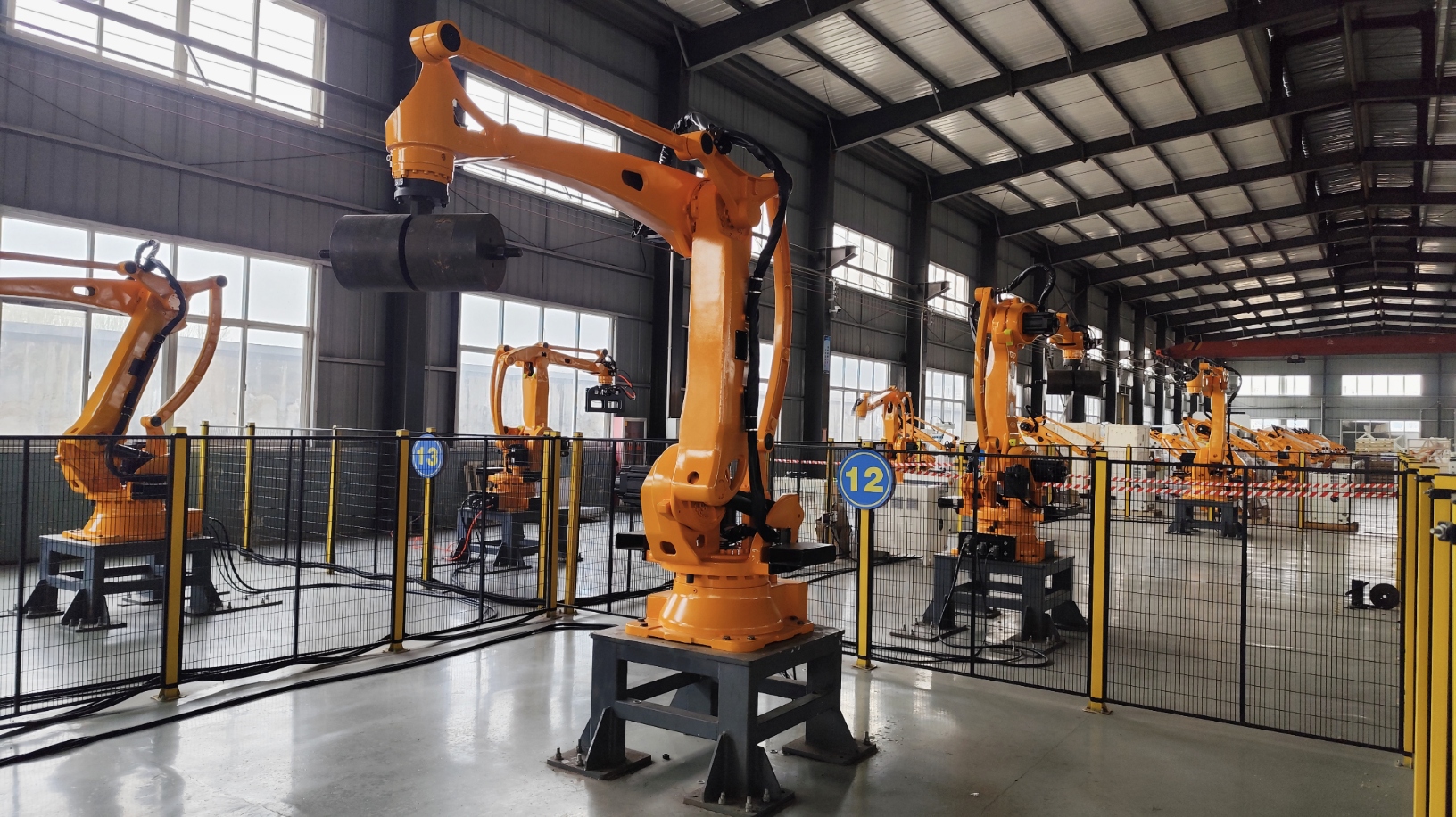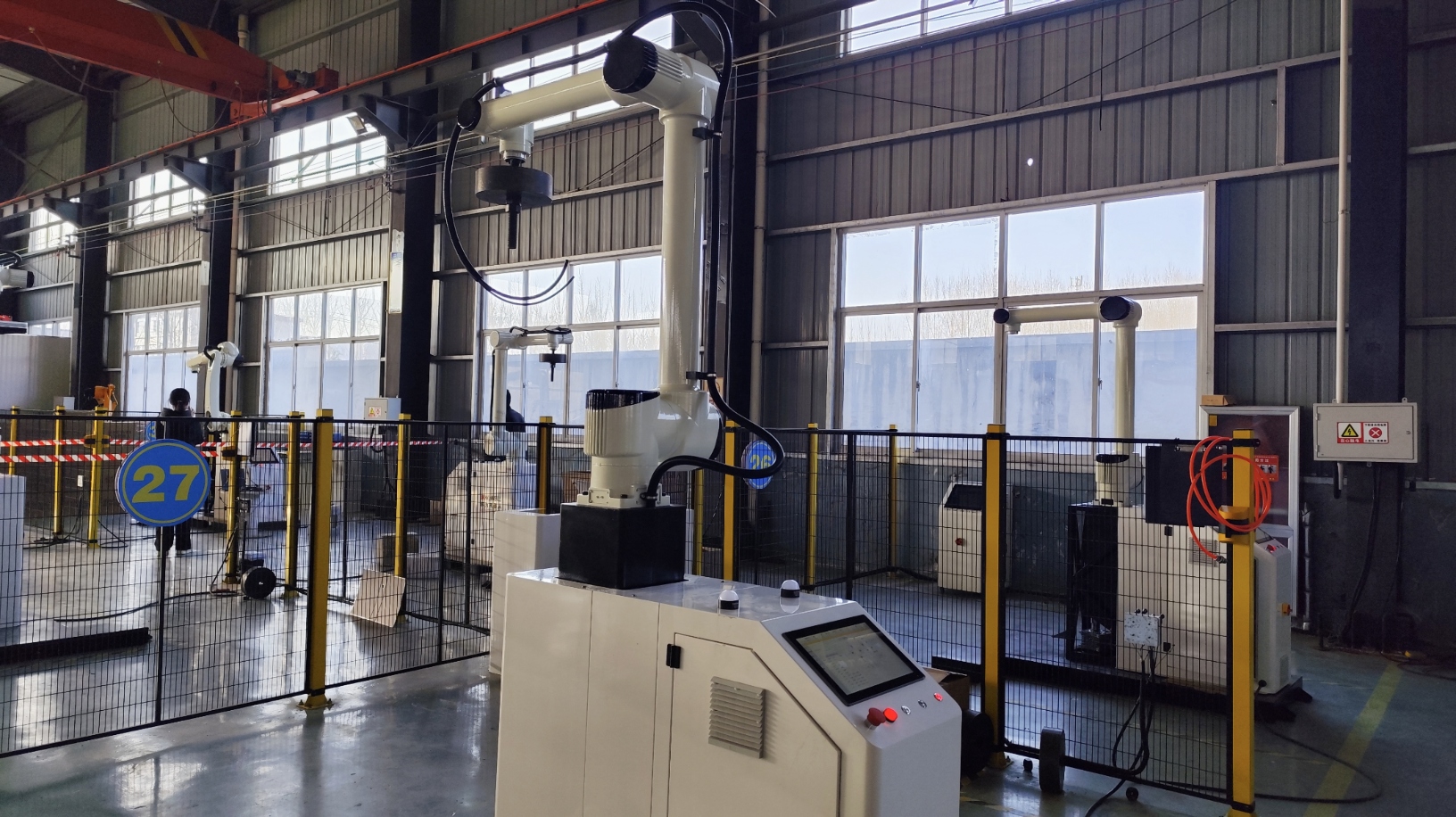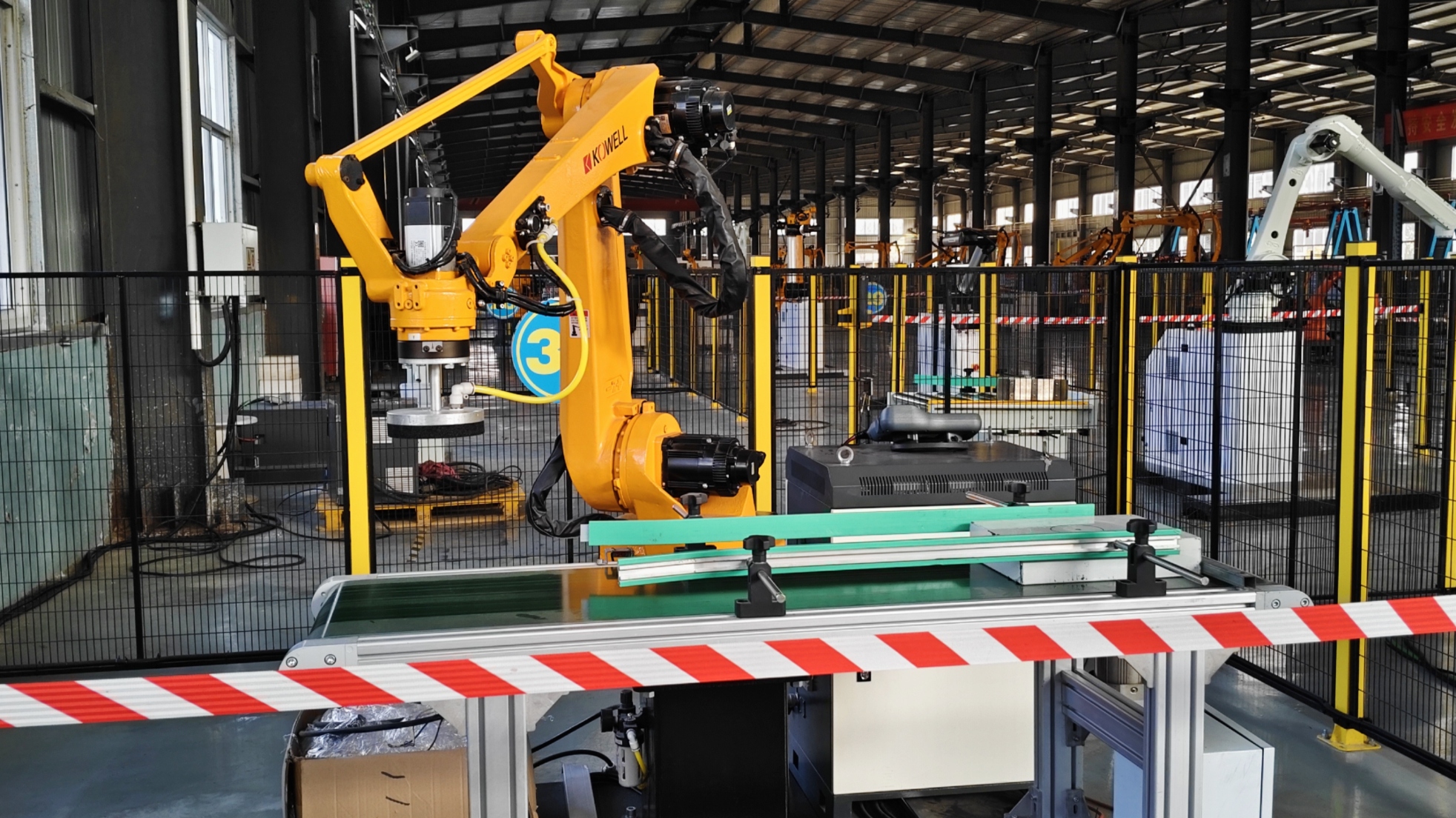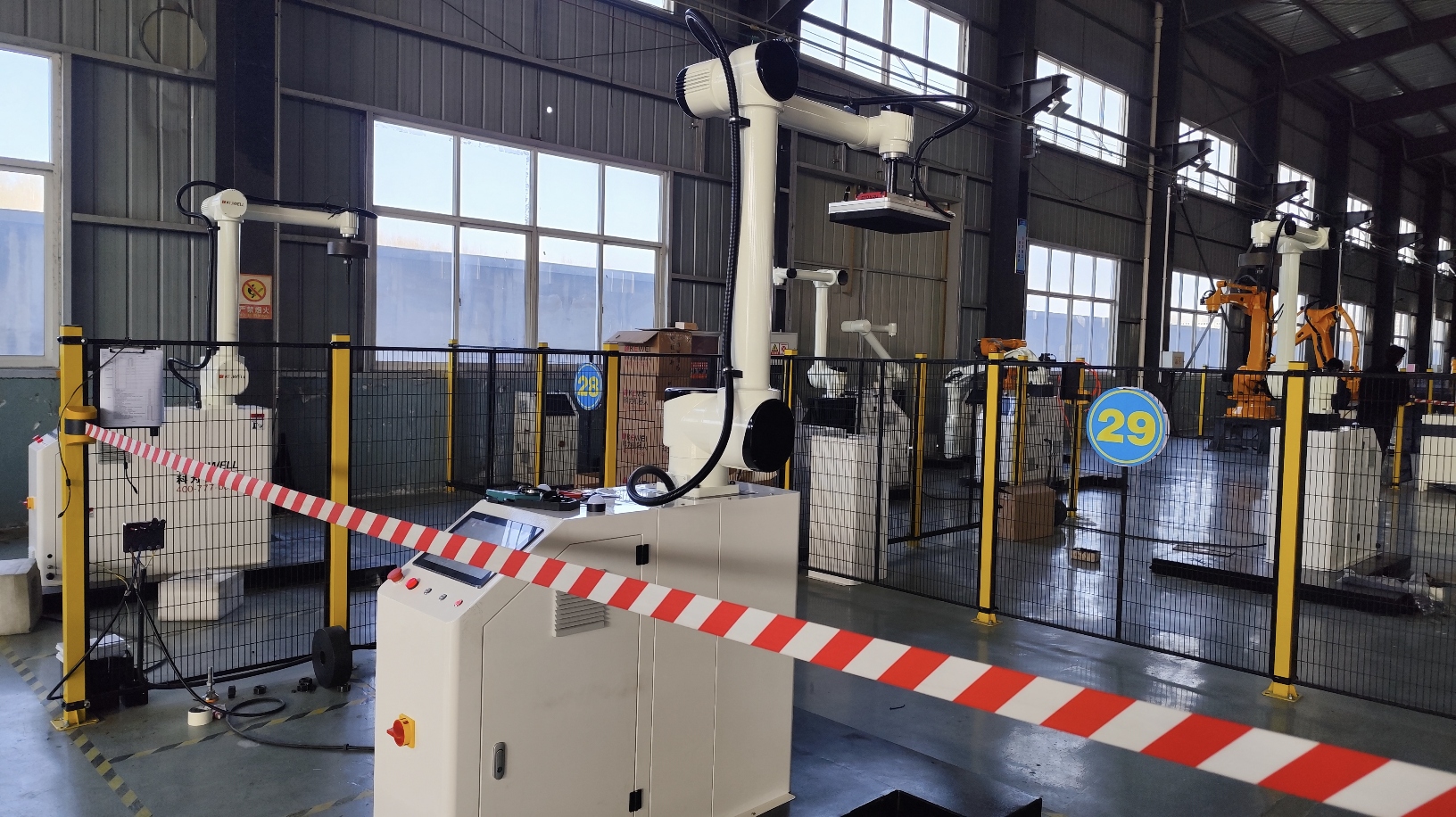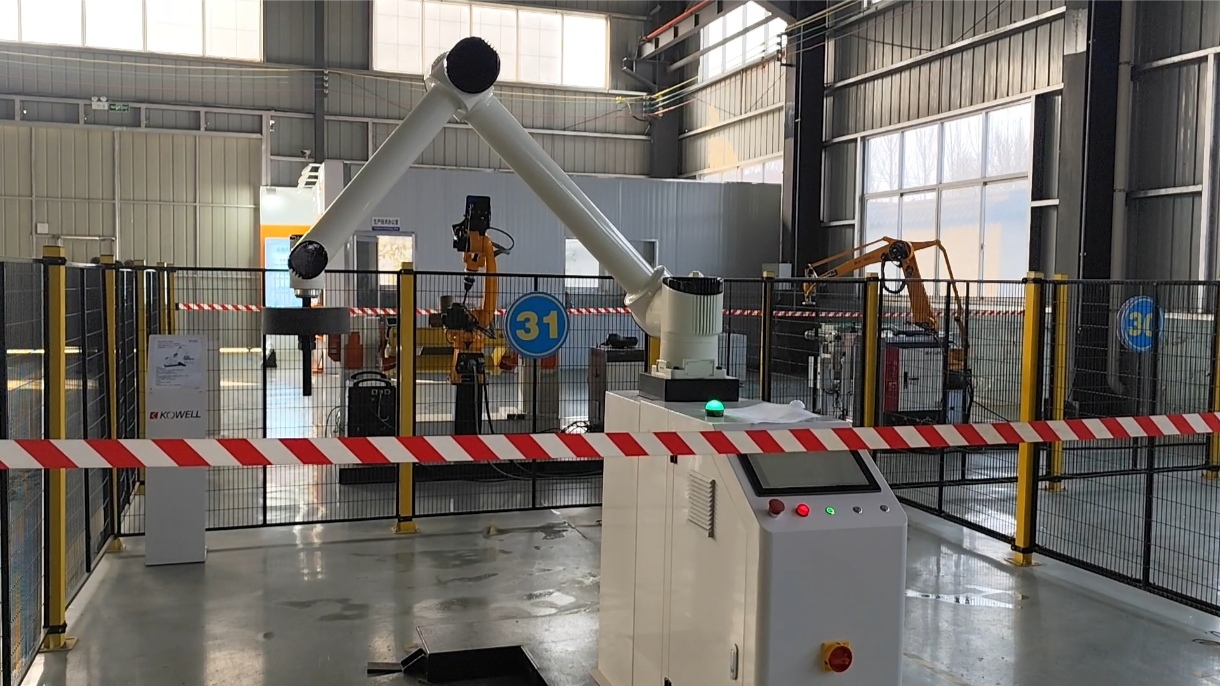With the rapid development of science and technology, the global manufacturing industry is undergoing a transformation that cannot be underestimated, and industrial innovation is becoming the core driving force for the transformation of the future manufacturing industry. Especially driven by the wave of intelligence, automated equipment and intelligent production systems have gradually replaced traditional manual operations and become a key component of the transformation of modern manufacturing. How can we stand at the forefront of this industrial innovation and become the guide of the new era by understanding and applying these intelligent tools? This has become the key to the development of the current manufacturing industry.
Industrial innovation: the leap from traditional manufacturing to intelligent production
Behind the industrial innovation is a series of technological breakthroughs and applications. From the earliest steam engines to electrification, and then to today's informatization, digitization and intelligence, each industrial revolution has greatly promoted the progress of productivity. In today's era, industrial innovation is moving towards a more efficient and intelligent direction through the deep integration of cutting-edge technologies such as artificial intelligence, big data, cloud computing and the Internet of Things.
Automated intelligent equipment is the core component of intelligent production lines. In the context of modern manufacturing, a large number of factory production lines that require manual operation are gradually replaced by some industrial robots. Traditional manual operation is inefficient and prone to unnecessary errors. Driven by industrial innovation, factories use equipment such as robotic arms to achieve accurate and efficient operations. At the same time, the addition of collaborative robots enables people to work together with other intelligent devices and systems to achieve automation and intelligence in the production process.
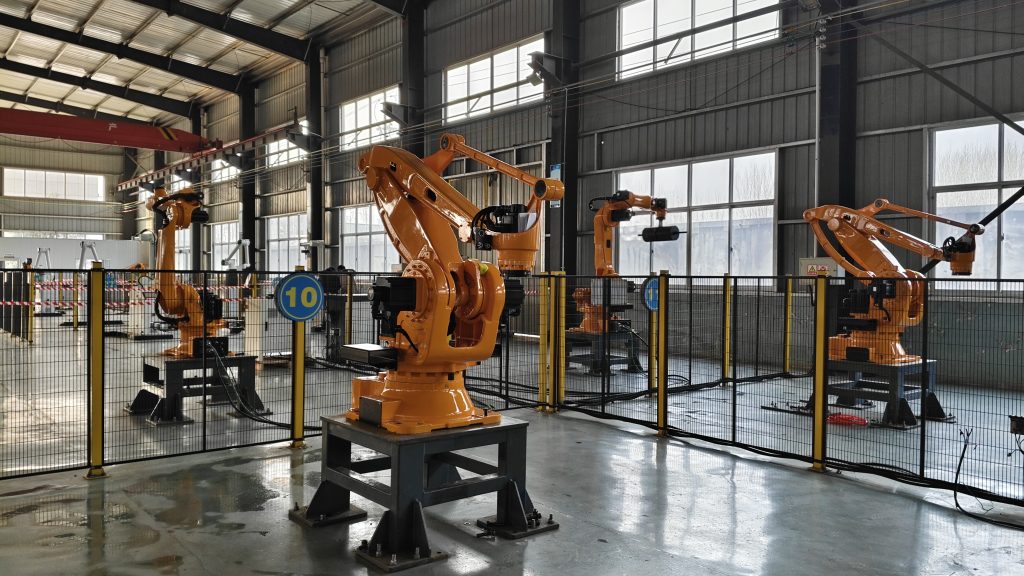
Intelligent equipment: the core force driving intelligent production
The widespread use of automation devices marks the transformation of the manufacturing industry from the traditional "labor-intensive" model to the "technology-intensive" model. These intelligent devices improve the automation level of the production line through flexible, precise and efficient operation, and combine with information technology to help enterprises achieve digital transformation.
Some intelligent devices have the ability of "self-learning". By continuously accumulating production data, they can autonomously optimize the operation process during the production process and improve work efficiency. At the same time, with the development of AI technology, the decision-making ability of intelligent systems is also constantly improving.
Industrial innovation and smart devices: two-way promotion of mutual support
The relationship between industrial innovation and automation technology is not a simple technical application relationship, but a deeply integrated and mutually promoted ecosystem. It is the breakthrough of smart device technology that has promoted the fundamental transformation of the production model; and industrial innovation has provided these technologies with a broader application scenario and development space. Together, they have promoted the intelligence, digitization and efficiency of the global manufacturing industry.
Industrial innovation is not limited to the introduction of intelligent tools, but also includes smart factories, digitalization of supply chains, analysis and application of manufacturing data and other aspects. These factors combine to form a highly coordinated and interdependent intelligent manufacturing system. In this system, automation tools are not just executors of production. They interact with other intelligent devices and systems to jointly realize the intelligent management of the entire production process.
Challenges and opportunities in industrial innovation
In the process of industrial innovation, the challenges faced by enterprises include not only difficulties in technology, capital and talent, but also how to find a path suitable for their own development in the wave of intelligence.
The introduction and application of intelligent equipment requires a lot of capital investment. For some small and medium-sized enterprises, the initial investment is already a big problem. However, with the continuous updating and iteration of technology, the price of equipment tends to decline, and the application threshold is getting lower and lower. More companies can buy and invest in intelligent manufacturing.
The application of intelligent production tools requires not only that enterprises have high-end technical equipment, but also that enterprises increase investment in talent training. Technical personnel in equipment operation, data analysis, system maintenance, etc. need to be trained urgently to ensure the smooth operation of intelligent production lines. Enterprises also need to promote collaborative innovation of the entire industrial chain through cross-field cooperation and integration to improve the intelligence level of the entire supply chain.
Conclusion: Welcome to the new era of industrial innovation
Industrial innovation is changing the global manufacturing landscape at a speed that cannot be underestimated, and automated production equipment is undoubtedly one of the important driving forces in this process. Standing at the forefront of this historic change, we must not only keep up with the pace of technological development, but also deeply understand the core role of intelligent tools in intelligent manufacturing and grasp the business opportunities brought by technological integration. Whether it is corporate technology investment or personal skill improvement, only by embracing this change can we ride the wave of industrial innovation and welcome a brighter future.

Online Consultation
Hello, the current customer service is offline. You can leave your contact information and the staff will respond to you as soon as possible!


